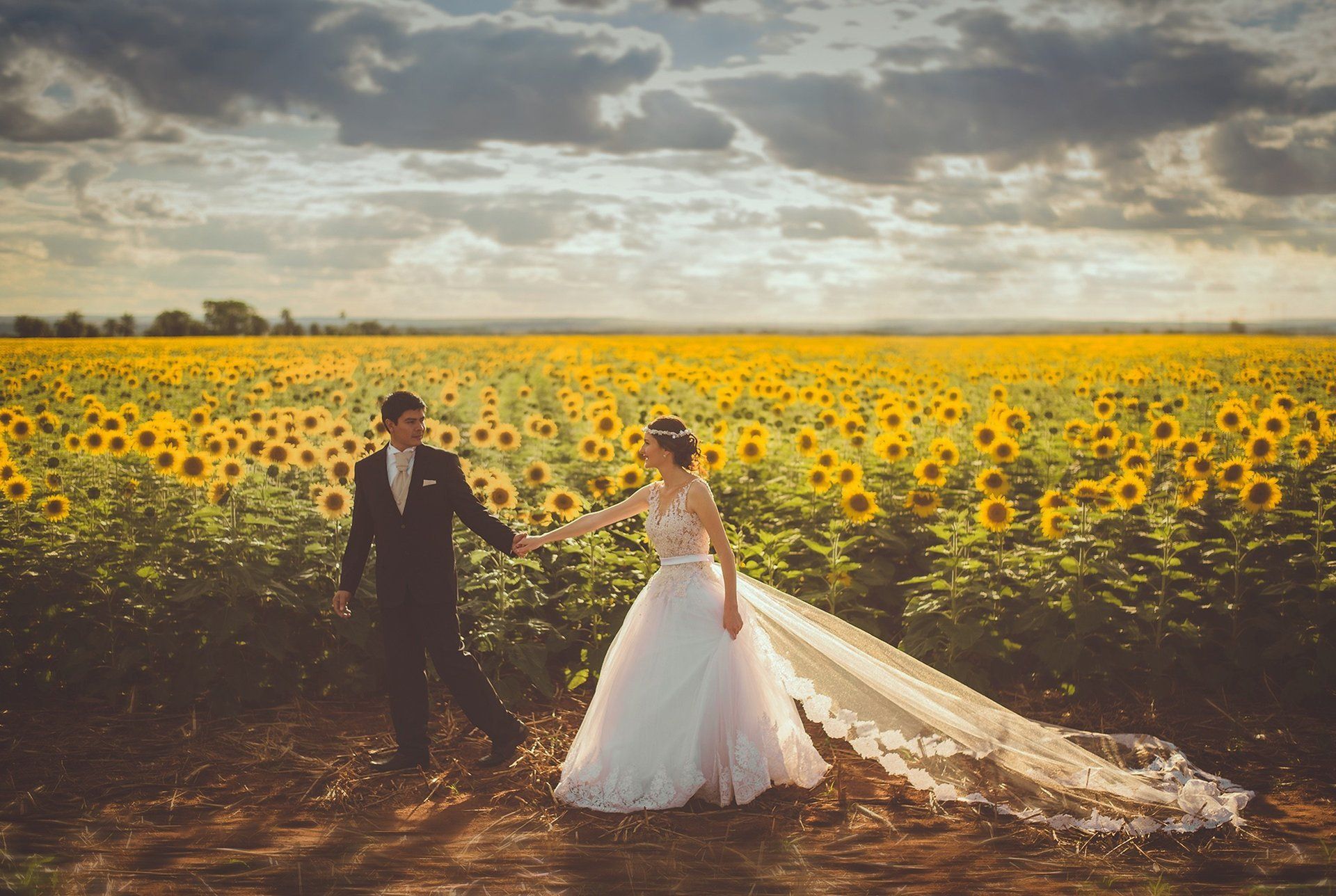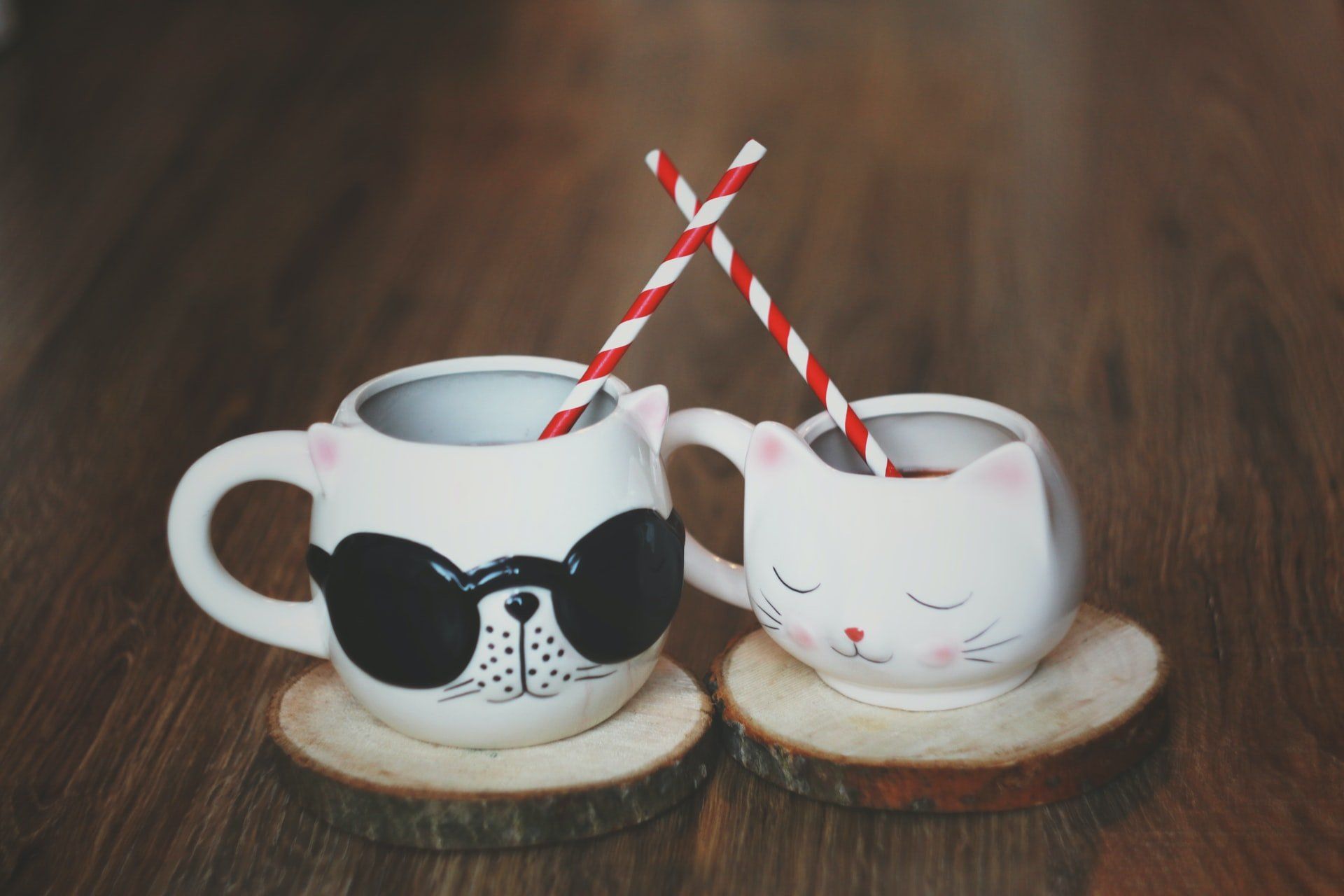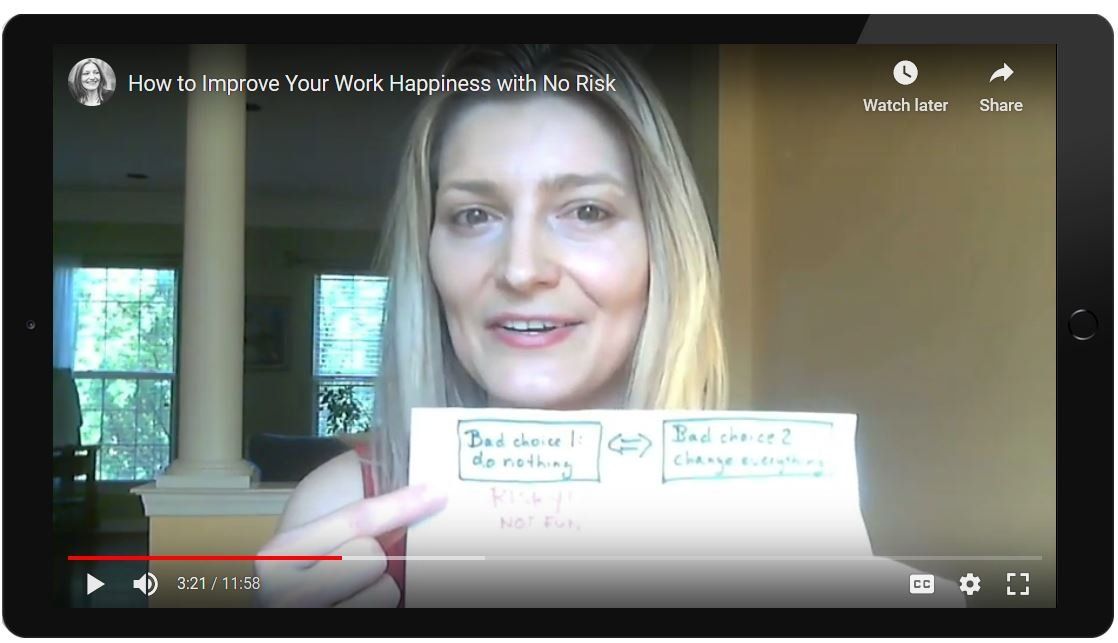If You Want Happily Ever After, Keep Your Money
A few years ago, a good friend of mine texted me a picture of an engagement ring he had bought for his partner.
I didn’t know how to respond. While I was happy that he was getting engaged, I felt sad that he had spent a few grand on something that wasn’t even consistent with his value system but that was the “thing to do.”
My friend’s experience isn’t unique. For many people, their wedding turns into one of the priciest days of their lives.
For instance, in May 2016,
the Knot reported that the average cost of a U.S. wedding had reached an all-time high of $32,641 in 2015.
What makes this number even more absurd is that this doesn’t even include the honeymoon (arguably the most enjoyable part of a wedding). The average cost of an engagement ring alone was close to $5,871.
Spending big on the ring and ceremony is actually shown to be correlated with a shorter marriage.
To put that number into perspective, the median U.S. household income was $53,657 in 2014 (according to the
U.S. Census).
Is it worth it to spend a large fraction of a household’s median annual income on a wedding?
What we value and how much we value something is a highly personal question that we ultimately have to answer for ourselves. At the same time, in order to make good decisions, I think it’s important to have as much information as possible.
In terms of wedding and engagement costs, an interesting insight was discovered in a
2014 study by two economists from Emory University. The researchers found, after following a sample of 3,000 married couples, that spending big on one’s wedding and engagement ring did not seem to increase the likelihood of a happy marriage.
More precisely, the study concluded that “marriage duration is inversely associated with spending on the engagement ring and wedding ceremony.”
Yes, you read that right: Spending big on the ring and ceremony is actually shown to be correlated with a shorter marriage.
The researchers also stated that their “findings provide little evidence to support the validity of the wedding industry’s general message that connects expensive weddings with positive marital outcomes.”
What are some potential takeaways from this study?
Instead of deciding that more expensive is better, we could use the results of this study to encourage engaged couples around us to figure out which wedding setup truly supports them best, in terms of their personality, value system and finances.
We could educate ourselves — or the people around us — about alternate wedding concepts, such as eco-friendly green weddings, cost-efficient DIY weddings and/or ethical weddings that give back. An easy way to spread the knowledge is through sharing information and resources on these different approaches to tying the knot.
What to do about wedding rings
An easy first step to reduce wedding costs and decouple marriage from the marketing machine is to consider different choices when it comes to rings.
When we buy a diamond ring, what we really buy into is an icky marketing strategy that wants us to believe we need this object to ensure marital love.
Couples who care about fairness and making smart financial investments may be much better off not buying a diamond ring, as a legendary journalism piece published in 1982 reveals. The author, Edward Jay Epstein, described how difficult it can be to sell an individual diamond at a profit.
For instance, he mentioned that the Dutch Consumer Association had tried to sell a perfect diamond of over one carat to 20 leading dealers in Amsterdam in 1976 — only to be turned away by 19 of them. According to Epstein, the only remaining dealer merely offered a fraction of the original price. The article also mentioned selling attempts in London and New York City which were equally disappointing.
Apart from drawing attention to what he called the “steep markup on diamonds,” the author also revealed the marketing history that turned diamonds into a “must-have” for engagements.
It described how De Beers Consolidated Mines, Ltd., an incredibly successful cartel, had been formed to control the diamond trade. With an ingenious marketing strategy detailed in this article, De Beers created the perception that diamonds are a sign of wealth and success, as well as a necessity for engagement and marriage.
When we buy a diamond ring, what we really buy into is an icky marketing strategy that wants us to believe we need this object to ensure marital love.
Since many of us may find that distasteful, here are a number of other options:
1. Not using rings or bands at all
It is possible to have a wedding ceremony without exchanging rings, so one may choose to ditch wedding rings/bands altogether. I know a number of people, in particular men, who would prefer to not wear wedding bands because they have never worn something on their hand in the past and thus have a hard time getting used to the sensation.
Similarly, some people are prone to losing small objects, including wedding rings or bands. Not getting a wedding ring/band in the first place (or only an inexpensive one) takes away that worry. By forgoing a wedding ring, we can show that love does not depend on what we wear on our hands, but on what we carry in our hearts.
2. Use existing family rings/bands
Many families possess heirloom rings/bands. Since a goldsmith can often alter them in size for a relatively small fee, they can be passed down to a couple who wants to be engaged.
This has a number of advantages: the heirloom ring/band actually gets used as opposed to just lying around, and couples who feel sensitive to cultural pressure can meet outside expectations for a nice ring/band. Additionally, using one ring from each family and exchanging them is also a wonderful way of including the families of both spouses in the ceremony and showing that they are coming together as a result of the marriage
3. Creating one's own wedding bands
Another option that I actually find more romantic and special than buying a ring is to create one’s own wedding bands under the supervision of a goldsmith. Some goldsmiths offer special workshops where they teach couples how to create their wedding bands out of gold or other materials.
While this costs more than the other two options, it is a nice way to support a local business. It’s also an opportunity to be creative together as a couple and to not only create a lasting memory, but also objects that can be worn for a lifetime.
The Takeaway
I respect your privacy.





